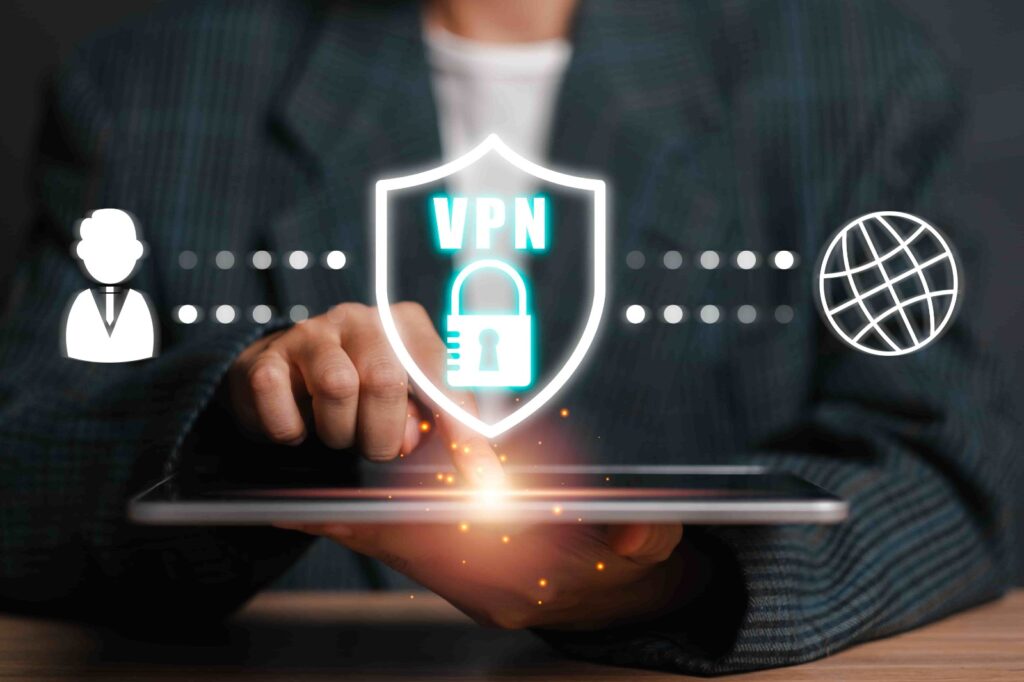A Virtual Private Network (VPN) is a great way to keep your online activities private and access content that might be blocked. With many VPN choices, picking the right one for you can be tricky. When choosing a VPN, you need to think about things like security, speed, and other features. This guide should help you understand the key points to finding the best VPN for your internet and privacy needs.
Understanding VPN Security Features
When choosing a VPN, security is usually the most important factor. A good Virtual Private Network should use strong encryption methods, like AES-256, to keep your data safe from hackers and other people. Some VPNs also have extra security features, such as a kill switch, which stops your internet connection if the VPN stops working, so your IP address stays hidden. Also, ensure the VPN has a strict no-logs policy, which means it doesn’t keep or share your browsing history or personal information.
A no-logs policy is particularly important if you’re using a VPN for activities that need more privacy, such as accessing sensitive information or bypassing regional restrictions. Some VPNs provide split tunneling, which lets you choose which applications use the VPN connection and which use your regular network. This feature can make things safer and faster because less data will be sent through the VPN.
Evaluating Speed and Performance
Your VPN’s speed can greatly impact your internet activities, especially when downloading files, watching videos, or playing games online. VPNs usually slow down your internet because they encrypt your data, but some VPN providers do a better job of keeping this slowdown to a minimum. Look for VPNs that have fast servers, especially if you need a VPN for streaming. Many VPN services now have servers specially designed for activities like streaming or gaming, which can help improve how well they work.
Another thing to think about is the size of the server network. A bigger network of servers in different places lets you connect from many locations, which can lower server crowding and make things faster. If you mainly use the VPN to get content from certain areas, ensure the provider has servers there. Speed tests and reviews from trusted sources can also help you see which VPNs work well in different situations.
Comparing Pricing and Subscription Options
Prices for VPNs vary greatly, and you have to take into consideration what your budget is and what you would actually need. Most VPN companies offer various subscription plans, from monthly payments to cheaper long-term deals. Some even have free plans, but these limit speed, data, or the number of servers, which might not work well for everyone. It’s also good to see if the provider gives a money-back guarantee, so you can try the service before fully committing.
Besides the basic pricing plans, think about the extra features included with each subscription. Some VPNs offer benefits like support for multiple devices, ad-blocking, and malware protection; this can make your subscription more valuable. A well-rounded plan can save you money, especially if you use the VPN on many devices or need strong security features.
Customer Support and Ease of Use
A VPN with an easy-to-use interface can be very helpful, especially for people using it for the first time. Some VPNs let you connect with just one click, while others give you many options to change settings. If you’re new to VPNs, choose one with a simple interface and easy options. Also, having 24/7 customer support is important because it helps you quickly fix problems without stopping your internet use.
Good customer service shows that the VPN company cares about users’ feelings, which can be comforting when considering signing up for a long time. Many companies offer different ways to get help, like live chat, email, and even guides to set things up. When looking at different VPNs, pay attention to the help they offer because it can be useful if you’re using the VPN on many devices or need help fixing problems.

